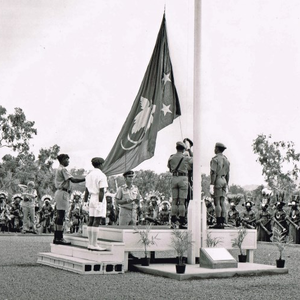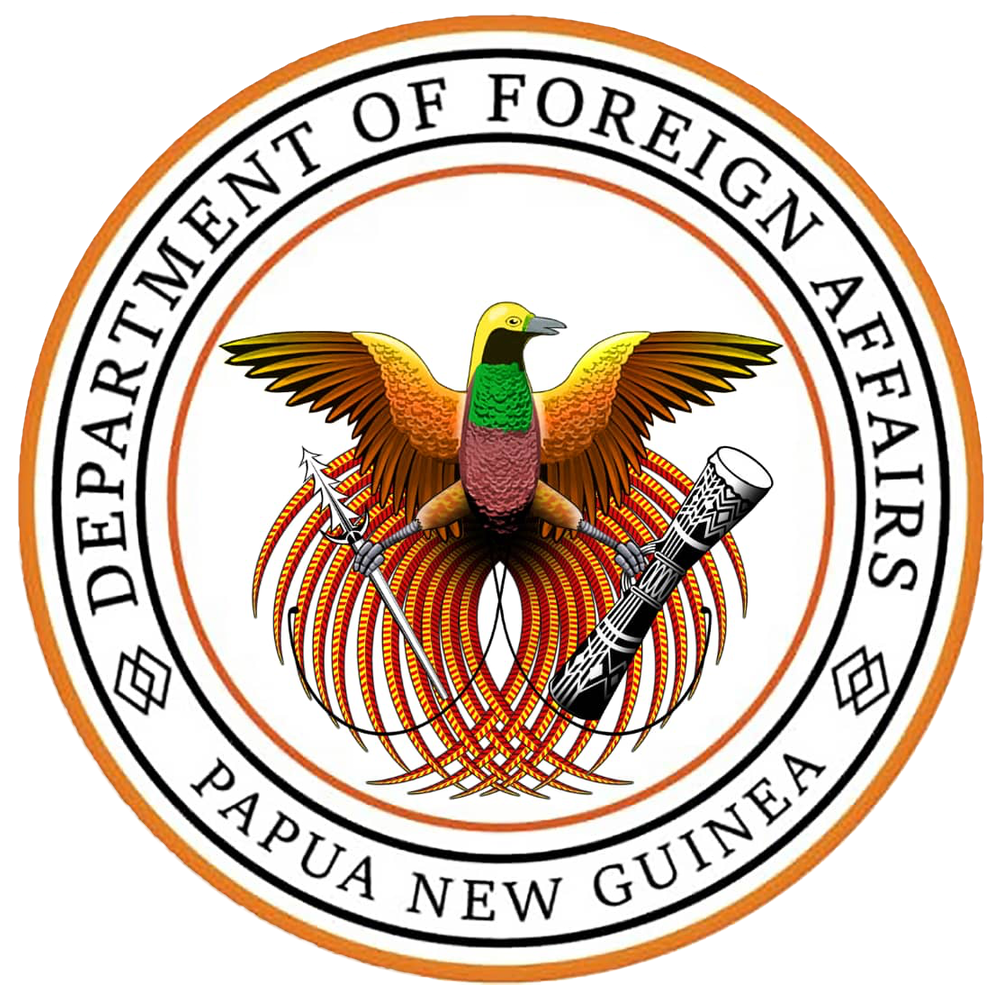About PNG: People - Ethnic groups
Papua New Guinea (PNG) is a culturally rich and diverse nation with a population that reflects a tapestry of ethnic groups, languages, and traditions. The people of PNG are known for their vibrant cultures, traditional practices, and strong connection to the land.
The population of Papua New Guinea is estimated to be over nine million people, making it one of the most culturally diverse countries in the world. The majority of the population lives in rural areas, engaging in subsistence agriculture and maintaining strong ties to their ancestral lands.
The country is home to more than 800 distinct languages, making it one of the most linguistically diverse regions globally. The linguistic diversity is a reflection of the numerous ethnic groups, each with its own unique language and cultural identity. Some of the major language families in PNG include Austronesian, Papuan, and Trans-New Guinea.
The Highlands region, located in the central part of the country, is home to a significant portion of the population. This region is characterized by fertile valleys, rugged mountain ranges, and diverse ethnic groups. Enga, Huli, and Chimbu are among the prominent ethnic groups in the Highlands, each with its distinct language and cultural practices.
Coastal regions and islands are inhabited by various ethnic groups, each contributing to the cultural mosaic of PNG. The Sepik River region, with its rich artistic traditions, is home to communities such as the Iatmul and the Abelam, known for their intricate woodcarvings and vibrant masks.
The island of Bougainville, located in the eastern part of the country, is home to the Bougainvilleans. The people of Bougainville have a unique cultural heritage, and the island has been the center of historical and political developments, including the Bougainville Civil War.
The Motu-Koita people are indigenous to the National Capital District, where the capital city, Port Moresby, is located. The Motu-Koita people have played a significant role in the history and development of the capital.
Traditional practices and customs remain integral to the way of life for many Papua New Guineans. These practices often include rituals, ceremonies, and artistic expressions that are deeply tied to the natural environment and spiritual beliefs.
The diversity of ethnic groups is also reflected in the variety of traditional music and dance forms. Each group has its unique styles of singing, dancing, and artistic expression, contributing to the vibrant cultural tapestry of the nation.
While traditional ways of life are still prevalent in many communities, modern influences, globalization, and urbanization have led to cultural shifts in certain areas. Balancing the preservation of cultural heritage with the evolving dynamics of a modern society is an ongoing challenge and discussion in Papua New Guinea.
The richness of Papua New Guinea's people and ethnic groups contributes to the country's cultural identity and global significance. The celebration of cultural diversity, linguistic uniqueness, and traditional practices remains an essential aspect of the national narrative, highlighting the resilience and vitality of the people of Papua New Guinea.

